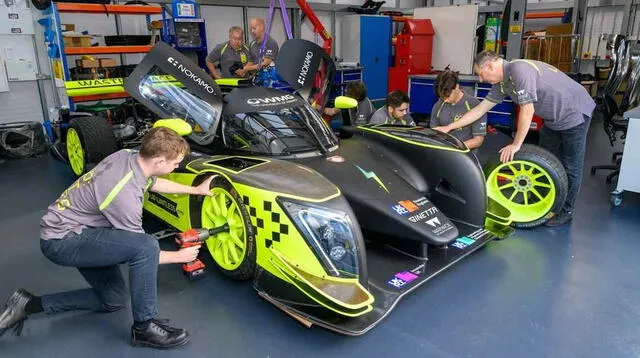Is the Water-Powered Car Real? Here's What experts say in 2025
Is the water-powered car real? Experts reveal the science behind this 2025 breakthrough and what’s still standing in its way.

Concept of a car powered with water has been a subject of interest to many, but according to current science and technology, it is impossible. Water cannot power a vehicle because it lacks the chemical energy needed to drive a car. Hydrogen in water may be used as fuel, but extracting hydrogen from water requires the use of more energy than what it yields, hence it is not very efficient or viable for use in powering vehicles directly.
Hydrogen fuel cell vehicles (FCVs) operate with hydrogen gas to generate electricity, and their only product is water vapor. They are a cleaner technology compared to fossil fuels. Hydrogen fuel production, however, typically relies on non-renewable energy and has highly limited hydrogen refueling infrastructure, posing significant hurdles to widespread use.
New green hydrogen tech emerges, but electric cars still dominate the market
Some companies are also researching new methods of generating hydrogen in a more environment-friendly way. For instance, Wastewater Fuels is developing technology to generate hydrogen from sewer water using microbial electrolysis cells. The intention is to have a cleaner and more affordable alternative to hydrogen fuel.
Despite all this, hydrogen fuel-cell cars face stiff competition from battery electric vehicles (BEVs), which have a more mature support base and decreasing battery costs. BEVs are cheaper for consumers now and have gained significant market share, making things increasingly difficult for hydrogen cars to gain traction.
Hydrogen fuel shows promise, but EVs remain the practical choice for now
In summary, while hydrogen fuel is a promising idea for reducing carbon in transport, the notion of a car traveling on water from the tap is not possible. More research and investment need to go into addressing the technical and infrastructural hurdles facing hydrogen fuel technologies.

This innovative hydrogen-powered car aims to break speed records in automotive racing, showcasing the future of eco-friendly technology. Photo: X
As the car industry attempts to provide sustainable alternatives to fossil fuels, hydrogen fuel cells may be an avenue, particularly for regions where BEVs are not as convenient. However, for the average customer, battery electric vehicles are a more practical and available solution at this time.













